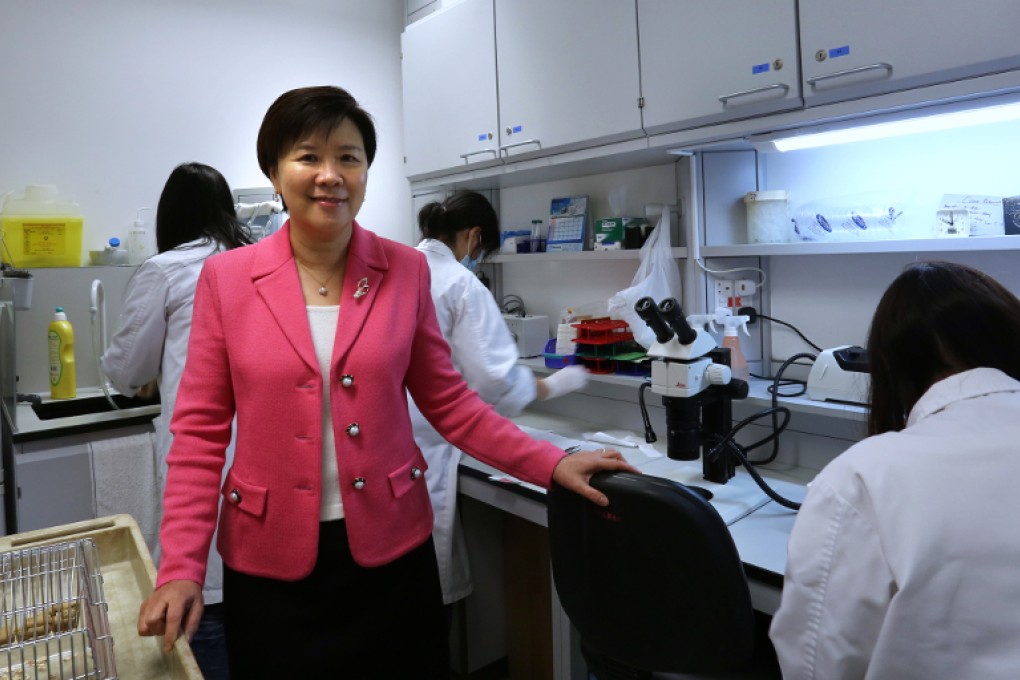HKUST research looks to TCM as a cure for Alzheimer’s disease
Professor Nancy Ip Yuk-Yu, dean of science at the Hong Kong University of Science and Technology (HKUST), has spent more than two decades researching the causes of Alzheimer’s disease, an illness she describes as “devastating’’.

Professor Nancy Ip Yuk-Yu, dean of science at the Hong Kong University of Science and Technology (HKUST), has spent more than two decades researching the causes of Alzheimer’s disease, an illness she describes as “devastating’’. As a result of her research, Ip believes a combination of cutting-edge science and the ancient knowledge of Traditional Chinese Medicine (TCM) can provide new therapies to combat complex neurodegenerative illnesses like Alzheimer’s.
Ip and her research team have received widespread recognition for the discovery of rhynchophylline, a molecular compound which is extracted from a plant used in TCM. Rhynchophylline is a promising candidate for slowing down the progression of Alzheimer’s disease. “TCM is a treasure chest in the search for new drugs, because, in a way, clinical trials have been carried out over thousands of years,’’ says the Academician of the Chinese Academy of Sciences.
Ip’s discovery made headlines around the world, when three months of oral testing on mice affected by neurodegenerative illness associated with Alzheimer’s disease produced significant memory improvement. “This is the thing about science, you live it and breathe it. Despite the setbacks you have with experiments, you are constantly inspired by the importance of the work, and that makes you look ahead,’’ stresses Ip.
Ip and her team are cooperating with an international pharmaceutical company to take the research into clinical trials. Ip says a key goal is to find the causes of neurodegenerative illnesses such as Alzheimer’s disease, and develop treatments to tackle the symptom before the full onslaught of the disease.
“Every breakthrough in molecular neuroscience brings us one step closer towards developing effective therapies for treating neurodegenerative diseases and disorders,” says Ip. According to the World Health Organisation, Alzheimer's disease is one of the biggest threats facing the elderly. It has been diagnosed in about 30 million people worldwide, and that figure is expected to double every 20 years. Five years ago, Alzheimer’s disease affected about 103,000 people in Hong Kong; by 2039 it is expected to affect 332,000.
“It’s important we provide new perspectives and new approaches to dealing with a disease that is so devastating,’’ says Ip, who expects to publish two new major findings before the end of the year. “We are as excited about our current research, as we are about our previously published work,” adds Ip.